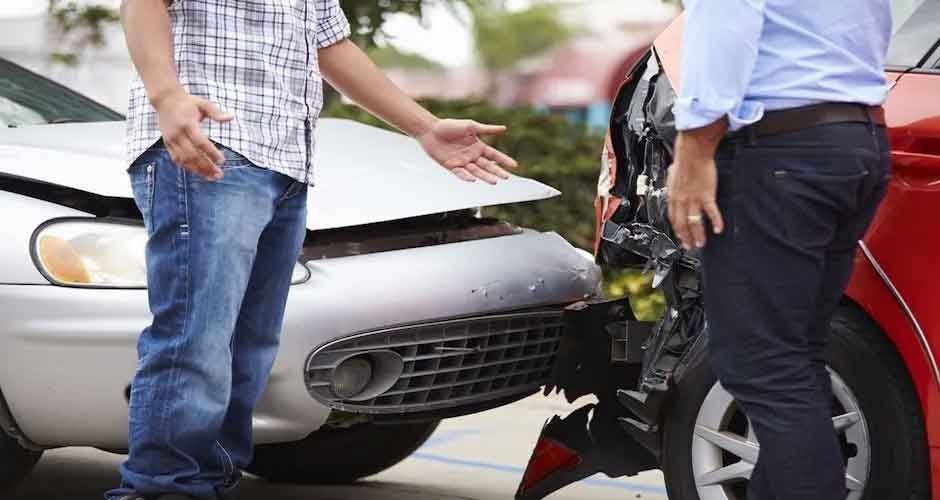Car accidents may be traumatic and distressing, especially in Texas, where responsibility and road safety are governed by tight rules. Knowing what to do following an accident is critical to safeguarding your legal rights and well-being. This post offers a thorough explanation of the five crucial actions that people should take following a car accident in Texas, along with helpful advice and insights to assist them in dealing with the fallout.
1. Ensure Safety and Seek Medical Attention:
Ensuring everyone involved in the car collision is safe should come first. If at all feasible, move cars to a safe spot and turn on your warning lights to warn other drivers. Inspect any injuries and notify emergency services right once if someone needs medical assistance. Any injuries incurred during the collision must be assessed and documented as soon as possible, even if they seem minor. In addition to guaranteeing that injuries are properly treated, seeking medical attention creates a medical record, which may be essential for filing insurance claims or engaging in legal action following the event.
2. Contact Law Enforcement and Document the Scene:
Reporting car accidents in Texas that cause injury, death, or harm to property worth more than $1,000 is required. Contact police enforcement to report the incident and make a help request. Take pictures of the car damage, skid marks, the state of the road, and any other pertinent information as you wait for the police to come. Communicate contact details and insurance information to drivers, passengers, and witnesses, as well as any other parties involved in the collision. Giving law enforcement complete and correct information guarantees a formal accident report, which is beneficial for insurance claims and court cases.
3. Notify Your Insurance Company:
Notify your insurance provider of the accident as soon as possible, and send them any pertinent papers and information. When speaking with your insurance carrier, be cooperative and transparent, but avoid offering any comments that can be seen as an admission of guilt or assigning blame. In addition to assisting you with the claims procedure, your insurance provider could look into the accident on its own. Giving your insurance provider prompt notice speeds up the claims procedure and guarantees you get the help and benefits you are entitled to as per your policy.
4. Gather Evidence and Preserve Documentation:
After a car accident, it’s critical to preserve documents and gather evidence to safeguard your legal rights. Obtain copies of any accident-related paperwork, including repair estimates, police reports, and medical records. Maintain thorough records of any correspondence with insurance companies, healthcare professionals, and other accident participants. This paperwork will be an invaluable source of support for any kind of insurance claims or lawsuits that may result from the mishap. Proper documentation fortifies your position in any ensuing discussions or legal processes and aids in establishing the circumstances surrounding the accident.
5. Consult with Legal Counsel if Necessary:
It might be wise to speak with an experienced personal injury lawyer, depending on the specifics of the accident and the degree of injuries or losses sustained. An experienced lawyer can evaluate your situation, offer advice on the law, and fight for your interests and freedoms. They can represent you in negotiations with insurance companies, manage any court cases, and seek reparations for your injuries, lost income, medical bills, and other accident-related losses. For example, suppose you are in Texas by hiring legal representation. In that case, you can be confident that your case will be handled by a skilled attorney, such as an Austin car accident lawyer, who can handle the nuances of the law regarding personal injuries and work to get the best result for you.
Conclusion
In Texas, car accidents can have serious consequences for any individuals involved, necessitating quick decision-making to safeguard legal rights and obtain just compensation. Following the five crucial actions listed in this guide will help people deal with the aftermath of auto accidents and pursue the most favorable outcome that is possible for their cases: making sure they are safe, getting in touch with law enforcement, alerting insurance providers, gathering evidence, and seeking legal advice. Knowing what to do can make a huge difference in effectively settling vehicle accidents in Texas, whether it’s obtaining medical attention, taking pictures of the incident, or contacting legal counsel.






